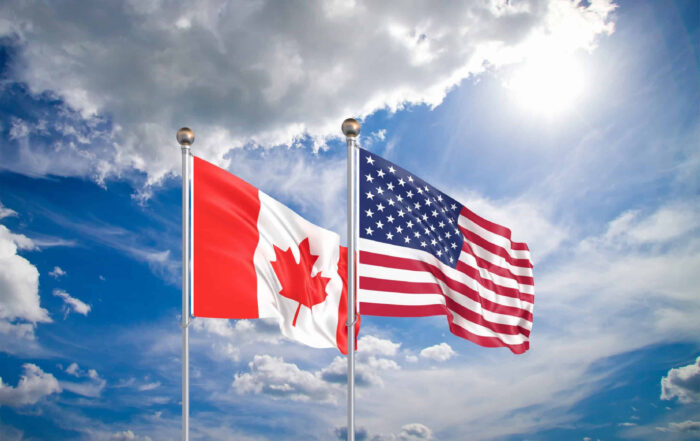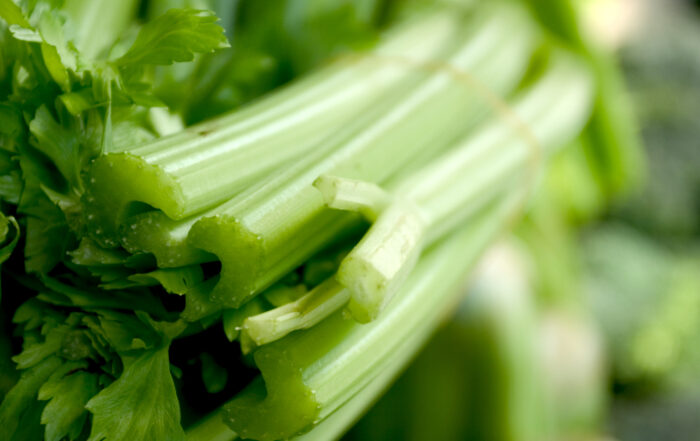Canada Reaffirms “Product of Canada” and “Made in Canada” Labelling Standards: CFIA Clarifies Origin Claims Amid Consumer Confusion
In a continued effort to enhance transparency and prevent misleading claims on food packaging, the Canadian Food Inspection Agency (CFIA) issued a notice on March 14, 2025, reinforcing the requirements for “Product of Canada” and “Made in Canada” origin claims. As consumer demand for transparency and support for domestic products grows, accurate use of these claims has become a central regulatory focus.
Regulatory Framework: Food Labelling and Consumer Protection
Under the Food and Drugs Act and the Safe Food for Canadians Regulations (SFCR), food products sold in Canada must carry accurate and non-deceptive origin claims. Misuse of terms such as “Product of Canada” and “Made in Canada” can result in regulatory enforcement actions by the CFIA.
- “Product of Canada”: This claim may only be used when all or virtually all (at least 98%) of the ingredients, processing, and labour are of Canadian origin.
Example: A jar of 100% Canadian honey harvested, processed, and packaged domestically qualifies for this label. - “Made in Canada” with a qualifier: Permitted when the last substantial transformation of the food occurs in Canada, even if ingredients are sourced internationally.
Examples:
• A loaf of bread labeled “Made in Canada from domestic and imported ingredients”, using Canadian wheat but imported yeast.
• A can of orange juice labeled “Made in Canada from imported ingredients”, where the juice is blended and bottled in Canada, but the oranges are imported. - Ingredient-Specific Claims: Where origin claims relate to particular ingredients rather than the entire product.
Example: A granola bar labeled “Made with 100% Canadian oats”, emphasizing local sourcing while other components may be foreign. - Processing/Value-Added Claims: These specify the part of the production process completed in Canada.
Example: A coffee package marked “Roasted and Packaged in Canada”, where the beans are imported, but value is added through domestic processing.
Importance of Accuracy and CFIA Observations
The CFIA has noted a rise in public complaints and enforcement actions tied to false or ambiguous origin labelling. Consumers have expressed concerns over products being marketed with misleading origin claims, undermining trust in the food industry. This has prompted the Agency to restate that non-compliance may trigger corrective actions, including labelling changes, recalls, and penalties.
Key Implications for Stakeholders
Manufacturers and Importers Must:
- Ensure that labelling claims reflect actual ingredient sourcing and transformation processes.
- Qualify claims appropriately, especially when using mixed-origin inputs.
- Maintain documentation to support all labelling assertions.
Retailers and Distributors Should:
- Verify labelling compliance on private-label and co-manufactured products.
- Educate procurement teams on claim qualifications and CFIA thresholds.
- Work with suppliers to align origin marketing with regulatory standards.
Looking Ahead: Building Consumer Trust through Compliance
With heightened consumer awareness and regulatory scrutiny, transparent and substantiated origin claims are essential to maintaining competitive advantage and consumer loyalty. The CFIA’s reaffirmation of origin labelling standards presents an opportunity for food businesses to audit practices, retrain staff, and enhance traceability systems.
Conclusion:
The CFIA’s March 2025 notice is not simply a reminder—it is a regulatory call to action. Food companies that market their products with Canadian origin claims must ensure strict adherence to the legal framework or risk enforcement. Whether you are producing domestically, importing globally, or exporting Canadian-branded goods, your origin claims must be accurate, defensible, and clearly communicated.
Need Support?
At MCS Associates, our Food Quality and Safety Experts bring decades of regulatory and operational experience to support businesses navigating the complexities of Canadian food compliance. We specialize in all food commodities. Our team is well-versed in the Safe Food for Canadians Regulations (SFCR) and can assist you in reviewing applicable Canadian regulations.
- review and interpret Canadian food labelling regulations under the Food and Drugs Act and Safe Food for Canadians Regulations (SFCR)
- assess eligibility for “Product of Canada” and “Made in Canada” claims based on sourcing, processing, and packaging activities
- conduct documentation and traceability reviews to substantiate origin claims
- provide guidance on appropriate qualifiers for mixed-origin products (e.g., “from imported ingredients”)
- audit packaging and labelling for accuracy, compliance, and consumer clarity
- support label redesign and packaging updates following CFIA expectations
- train regulatory, marketing, and quality teams on origin claims and labelling best practices
- assist in drafting compliance communications and preparing responses to CFIA inquiries
Let’s talk compliance. Contact us today to safeguard your food license and distribution integrity.
To learn more or to request regulatory or quality support, please contact us at: enquiries@mcs-associates.com
#CFIA #FoodLabelling #MadeInCanada #ProductOfCanada #CanadianFoodRegulations #FoodCompliance #FoodRegulatoryAffairs #SafeFoodForCanadians #OriginClaims #FoodIndustryCanada #ConsumerProtection #Traceability #LabelCompliance #RegulatorySupport #FoodQuality #CanadianFoodLaws #MarketingCompliance #FoodTransparency #FoodSafety #MCSAssociates #ReenaGroup







